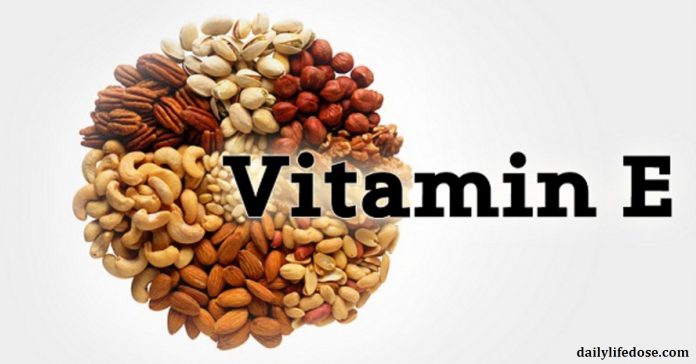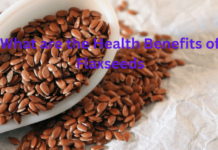Vitamin E is fat – soluble vitamin which stores in the fatty tissues of our body and comes into action whenever needed. It refers to the group of a compound that contains both tocopherols and tocotrienols.
This vitamin plays a role of antioxidant in our body. It is one of the important vitamins and is required for the proper functioning of many organs in the body. This vitamin helps to prevent free radical damage to the specific fats in the body which are critical for our health.
Deficiency of This Vitamin can cause Night Blindness & Anaemia
Forms/ Types of vitamin E:
Vitamin E exists in several forms but one of the most important forms is α – tocopherol. The molecules that contribute towards this form are four tocopherols and four tocotrienols and are identified by prefixes alpha, beta, gamma, and delta. Alpha-tocopherol is an important lipid-soluble antioxidant and functions as a powerful antioxidant. Also, this protects cell membrane from reacting with lipid radicals.
Health Benefits of Vitamin E:
Vitamin E has plenty of health benefits. One such benefit is that it balances cholesterol level in our body. Studies show that vitamin E serves as a protective antioxidant that fights cholesterol oxidation. Vitamin E fights free radical and thus prevents disease development. It also strengthens the capillary walls of our skin and improves moisture and elasticity. It acts as a natural anti – ageing nutrient within the body and keeps our skin healthy. Vitamin E also helps in thickening our hair. It also promotes circulation to the scalp which will help your scalp from becoming dry and flaky.
Vitamin E also plays a crucial role in balancing hormones which in turns help you to maintain your weight. This vitamin also slows down the memory loss problem and also lessens the harmful effects of medical treatment. Last but not the least, vitamin E also improves muscle strength and physical endurance.
From where do we get Vitamin E?
Vitamin E is not a rare one and is easily available in the ordinary food that we are consuming regularly. Food such as wheat germ, mango, avocado, hazelnuts, sunflower seeds, almonds, butternut squash, broccoli, spinach, kiwi, and tomatoes are rich in this vitamin. Apart from this, vitamin E is also available in the form of supplement which you can add to your diet.
How to avoid Impaired Growth & Neurological Disorder
How much amount of Vitamin E is sufficient?
It is suggested that one should take vitamin E only as according to the recommended values which are measured in milligrammes and an international unit.
For Children
| Age | Amount |
| 1 to 3 years | 6 mg/ day |
| 4 to 8 years | 7 mg/ day |
| 9 to 13 years | 11 mg/ day |
VITAMIN C FACTS YOU SHOULD KNOW ABOUT
For males and females:
| males | 15 mg/ day |
| Females | 15 mg/ day |
| Pregnant women | 15 to 18 mg/ day |
| Lactating women | 19 mg/ day |
Diseases caused by the deficiency of Vitamin E:
Deficiency of vitamin E causes several diseases such as:
- Myopathies
- Retinopathy
- Ataxia
- Impairment of immune response
- Red blood cell destruction
- Skeletal myopathy
- Peripheral neuropathy
- Spinocerebellar ataxia and a lot more
Side – Effects of an overdose of Vitamin E:
Vitamin E is good for health but only when if it is taken in an adequate amount. Taking its overdose may lead to the severe problems. An overdose of vitamin E causes:
- Heart failure with diabetes
- Increasing the chance of heart attack
- Increase bleeding during and after surgery
- Increasing the chance of neck, prostate, and neck cancer
- Worsening bleeding disorder












